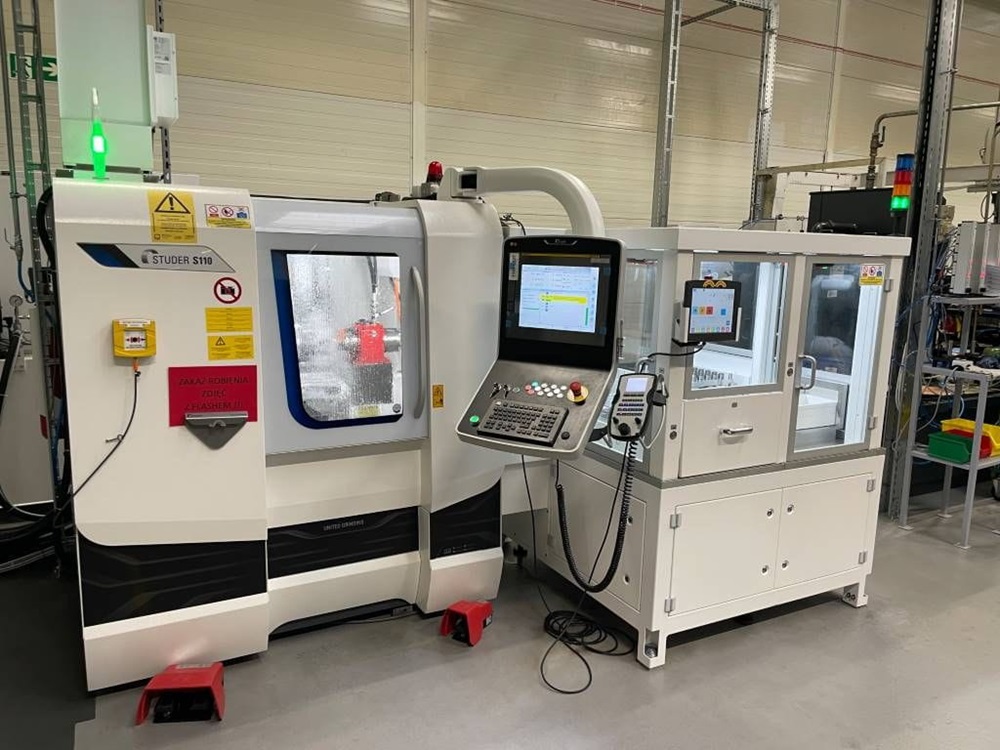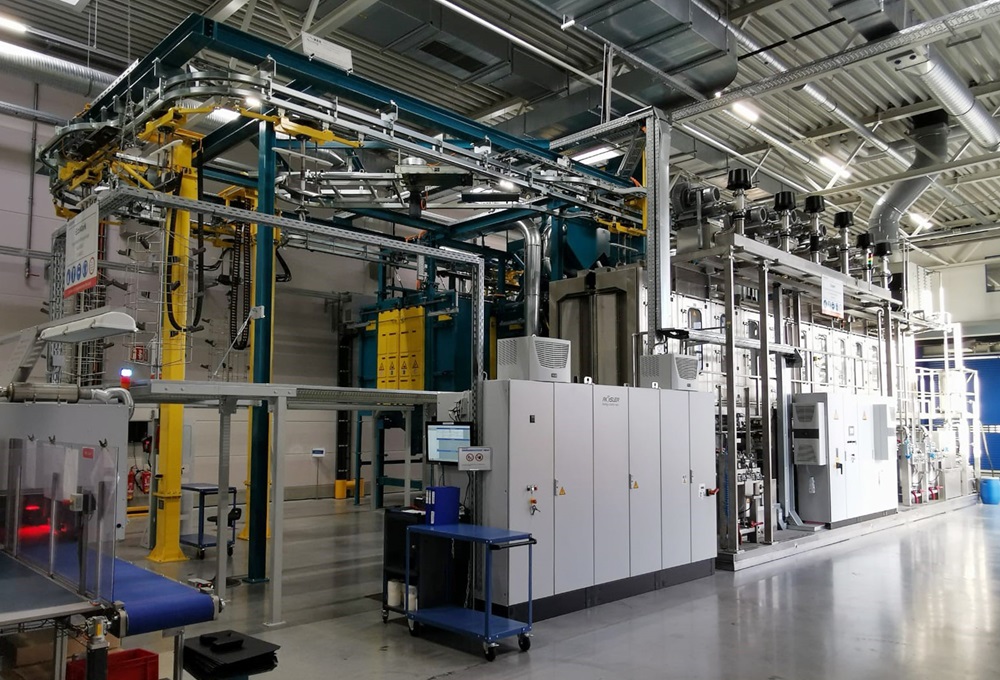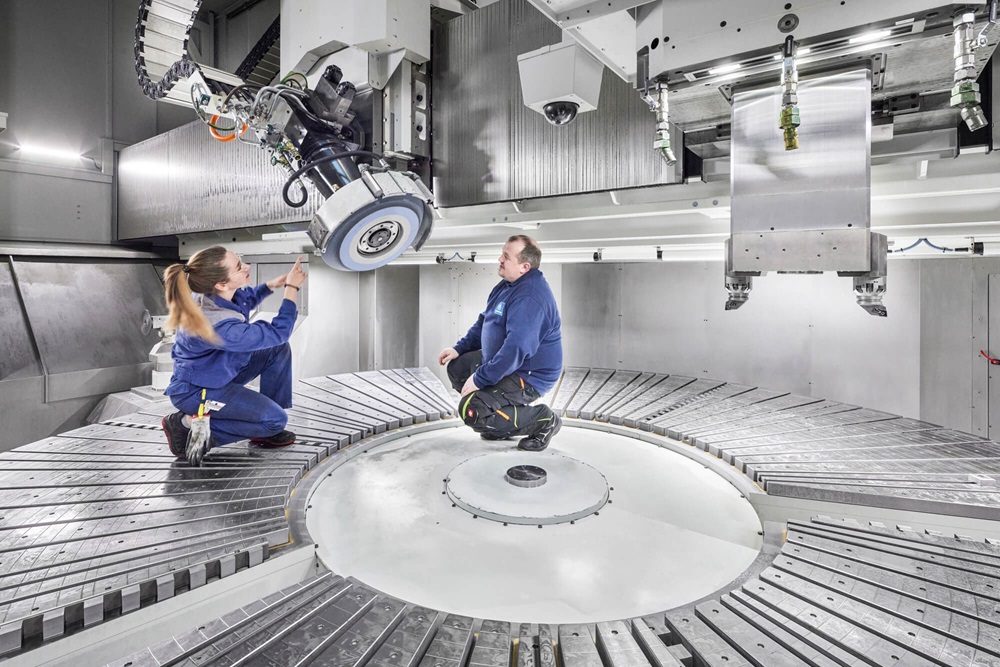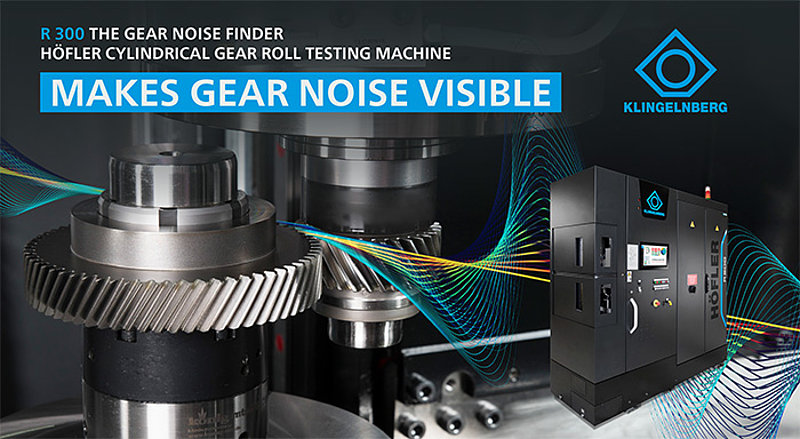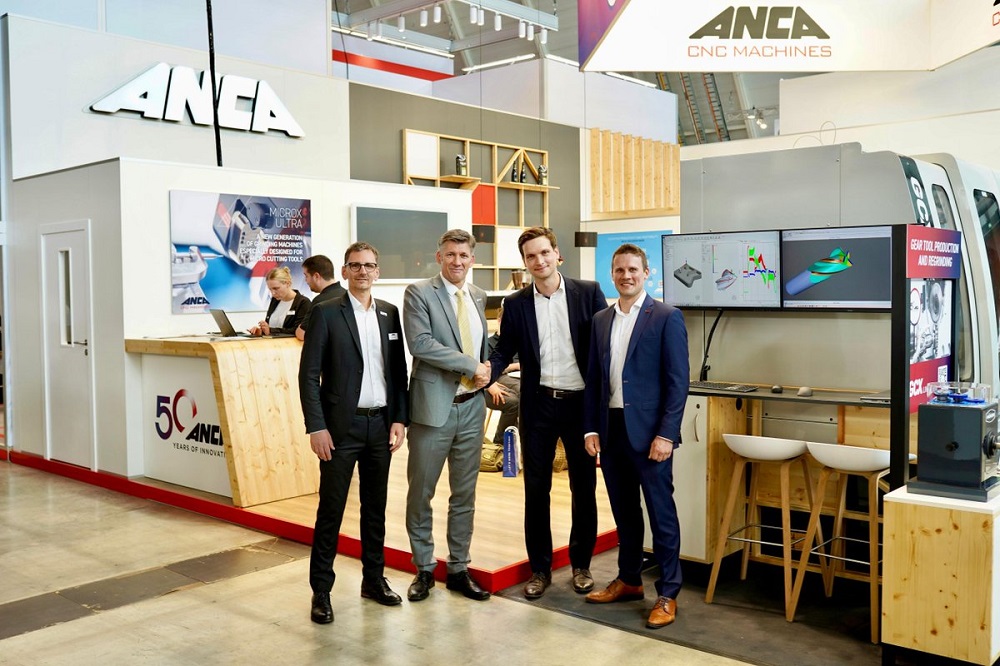At the Wroclaw, Poland plant of WHITE, a manufacturer of orbital motors and steering solutions, an S110 internal cylindrical grinding machine from Studer is contributing to higher levels of efficiency in production.
Says Paweł Soćko, senior process engineer at WHITE: “We opted for the S110 because it meets our high requirements in terms of performance and production quality. Thanks to our co-operation with Studer, we can grind components with the highest precision at comparatively low costs.”
At WHITE’s modern plant, which houses around 600 employees, several Studer machines are now in use alongside the new S110, as well as other machines from sister companies in the United Grinding Group. Before deciding on the S110 model, Studer had to determine WHITE’s component requirements, namely the internal grinding of hardened steel sleeves for hydraulic steering systems. It quickly became clear that the S110 was ideal for the component geometry and production requirements.
But that was just the beginning. The Studer team specially configured and adapted the S110 to allow optimal integration into WHITE’s production process.
This task fell within the remit of Cesare Mastroianni, who is responsible for project management at Studer’s internal grinding competence centre in Biel, Switzerland. He says: “The optimisation is based on the specifications, where we define all technical data, component geometry and operational plans.”
Thanks to the optimisation process, the S110 can grind around 350,000 high-quality sleeves per year at the plant in Wroclaw.
“We produce in high volume, which requires the best solutions in the world because we cannot afford any losses due to insufficient precision or fluctuating capacity,” emphasises Soćko. “The Studer S110 meets our requirements perfectly.”
More information www.studer.com






